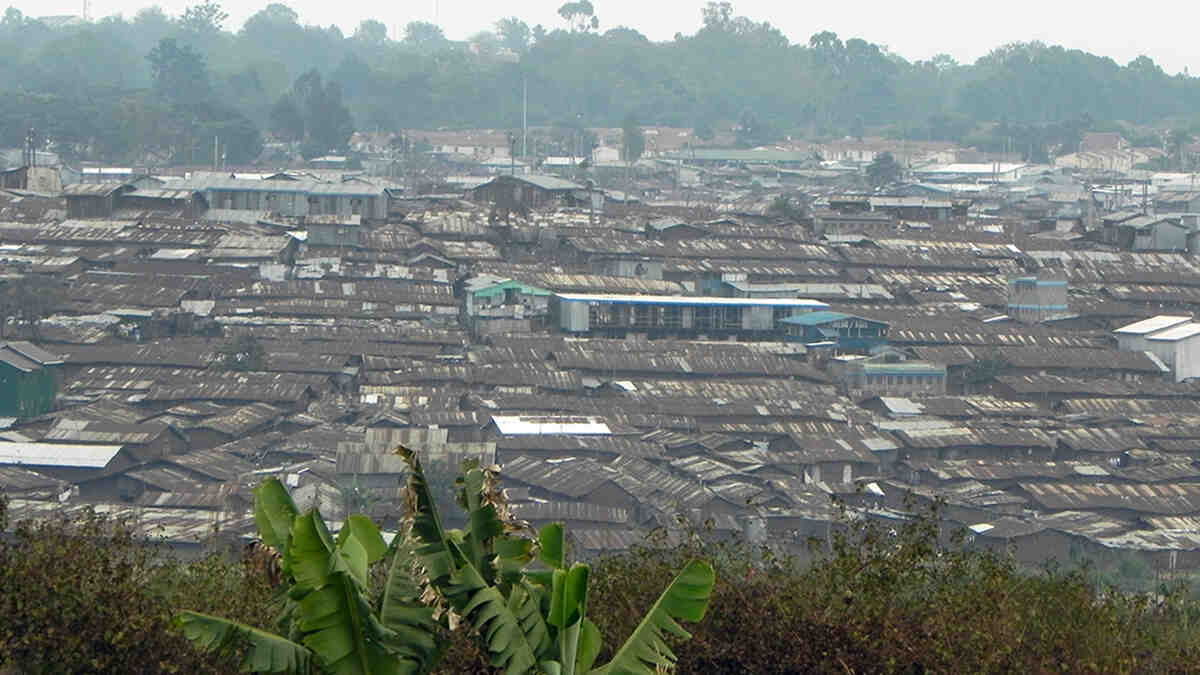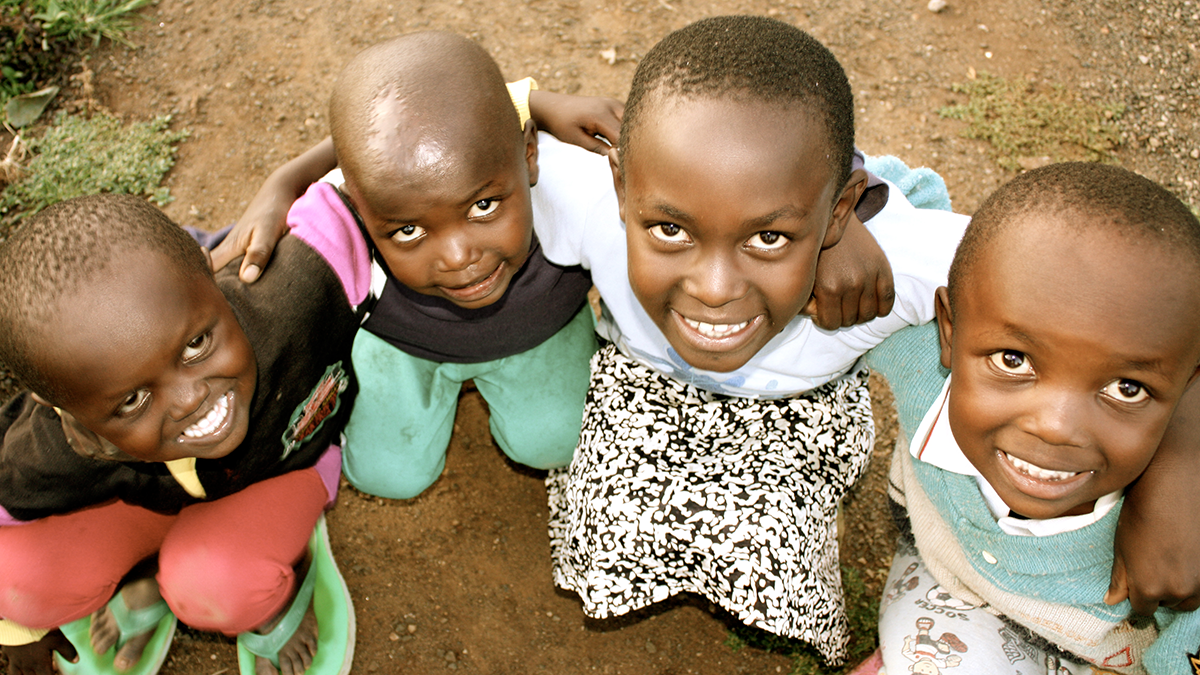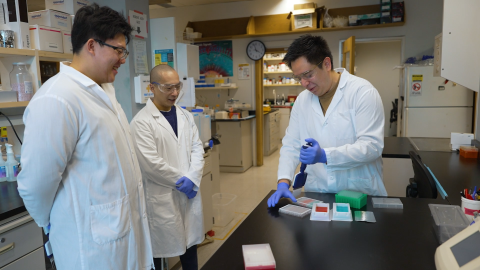“UW Global Health has had tremendous success conducting research on maternal and child health and infectious diseases in Kenya. Now we have the opportunity to incorporate environmental health and bring these two research communities together.”
–Catherine Karr
A new project led by researchers at the University of Washington and the University of Nairobi will combine environmental health interventions with existing efforts to improve maternal-child health for children living in informal settlements in urban Kenya.
The Kenya Healthy Brain Project includes funding to design and pilot a new survey tool with Kenyan stakeholders created specifically for households in Nairobi’s informal settlements.
Catherine Karr, a professor in the UW Department of Environmental & Occupational Health Sciences and in Pediatrics, said the tool will collect information on potentially harmful environmental exposures using survey questions and in-person observations.
The goal is to build a Kenya-based research program that integrates maternal-child health and environmental health to deliver interventions through existing health systems, she said.
“First, we need more data on what current environmental exposures are, then we plan to work with key stakeholders to translate these finding into interventions,” she said.
Pollution, HIV and brain development

Children living in sub-Saharan Africa are at risk for high exposures to environmental toxicants as well as high rates of HIV infection. The research team published a study in 2018 that showed children with HIV who had increased exposure to air pollution experienced higher levels of cognitive impairment when compared to HIV-infected children with lower exposures.
New funding from a 2019 UW Global Innovation Fund grant will enable the international research team to build partnerships that expand its work to study maternal and child environmental health among children exposed to HIV in utero, but not infected.
The project will “bring key stakeholders together to build capacity for maternal-child and environmental-health research,” said Sarah Benki-Nugent, clinical assistant professor in the UW Department of Global Health, which is part of the collaboration.

Studying biomarkers
Results from the Kenyan household surveys will help the team apply for additional funding to study biological specimens from a UW/University of Nairobi research cohort of more than 200 pregnant women in Kenya. Half of the women are HIV-infected and receiving treatment to prevent transmission to their infants.
The team will test the specimens for environmental exposures and look at differences in cognitive and behavioral development in the children as they grow into toddlerhood.
A healthier environment for kids
To date, most pediatric HIV research has focused on survival rates. But today, more children are living longer with the disease thanks to available treatments, Benki-Nugent said.
“Now we have the opportunity to increase environmental health research capacity in Kenya, which could be the key to country-level environmental policy changes,” she said.




